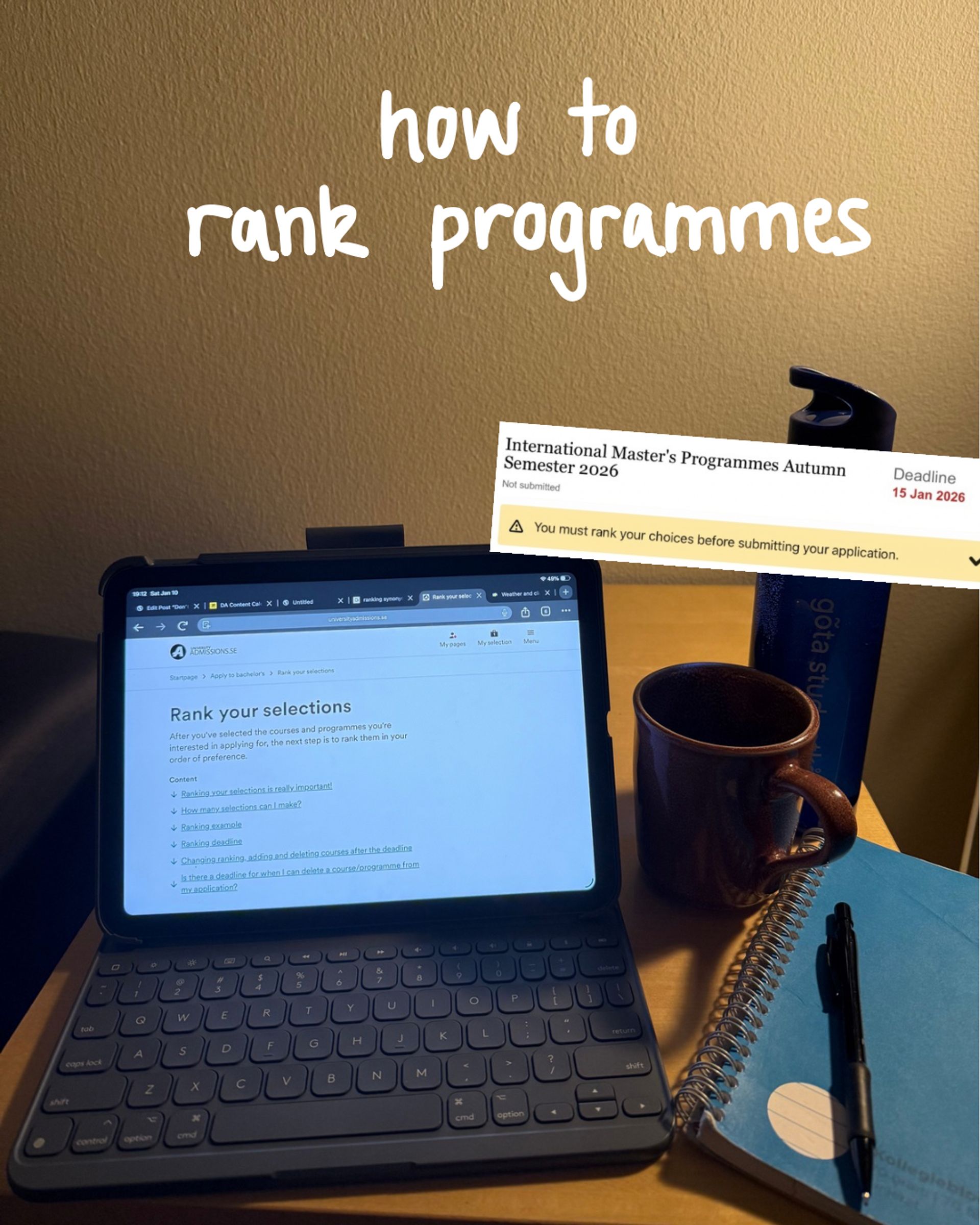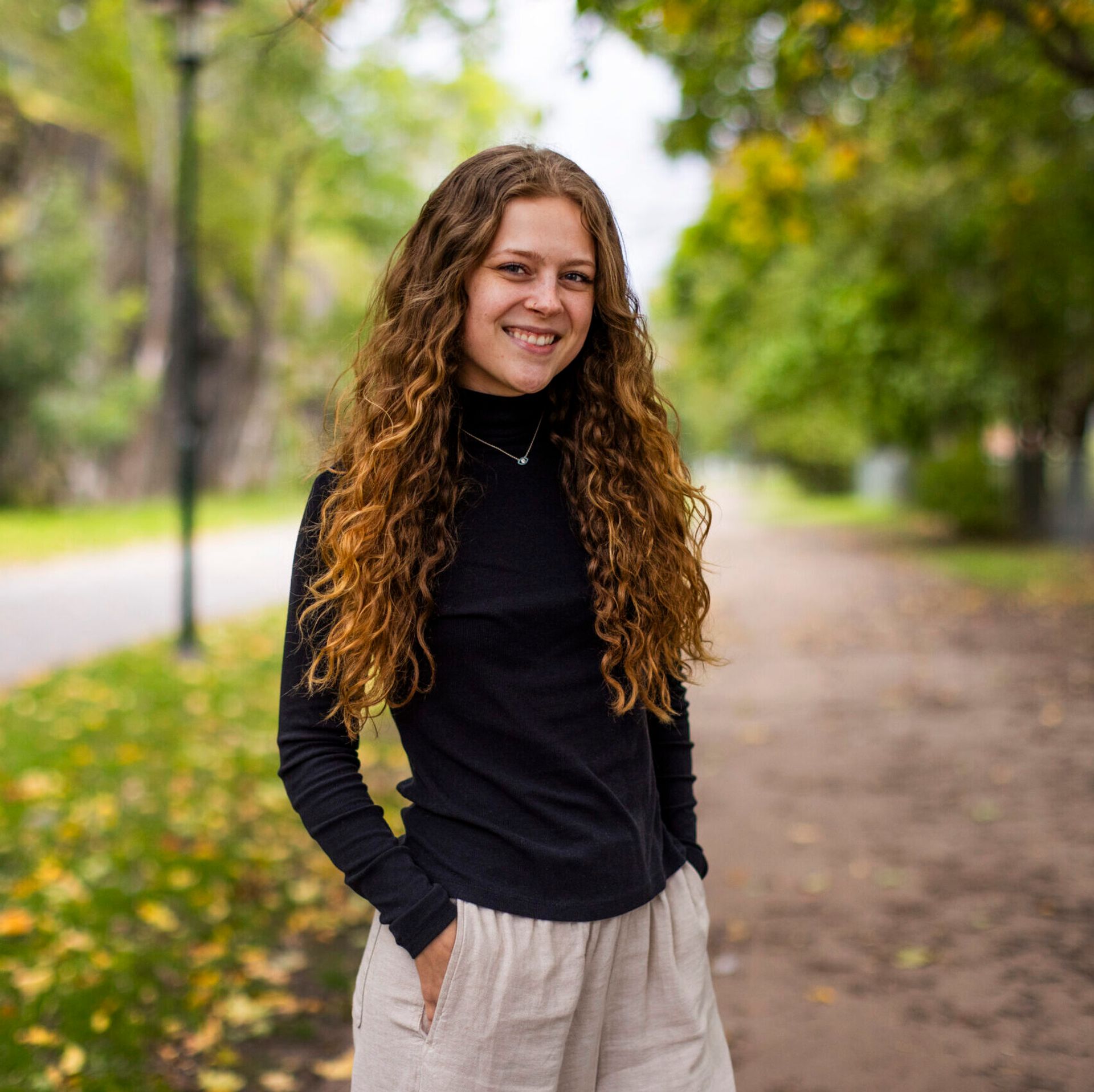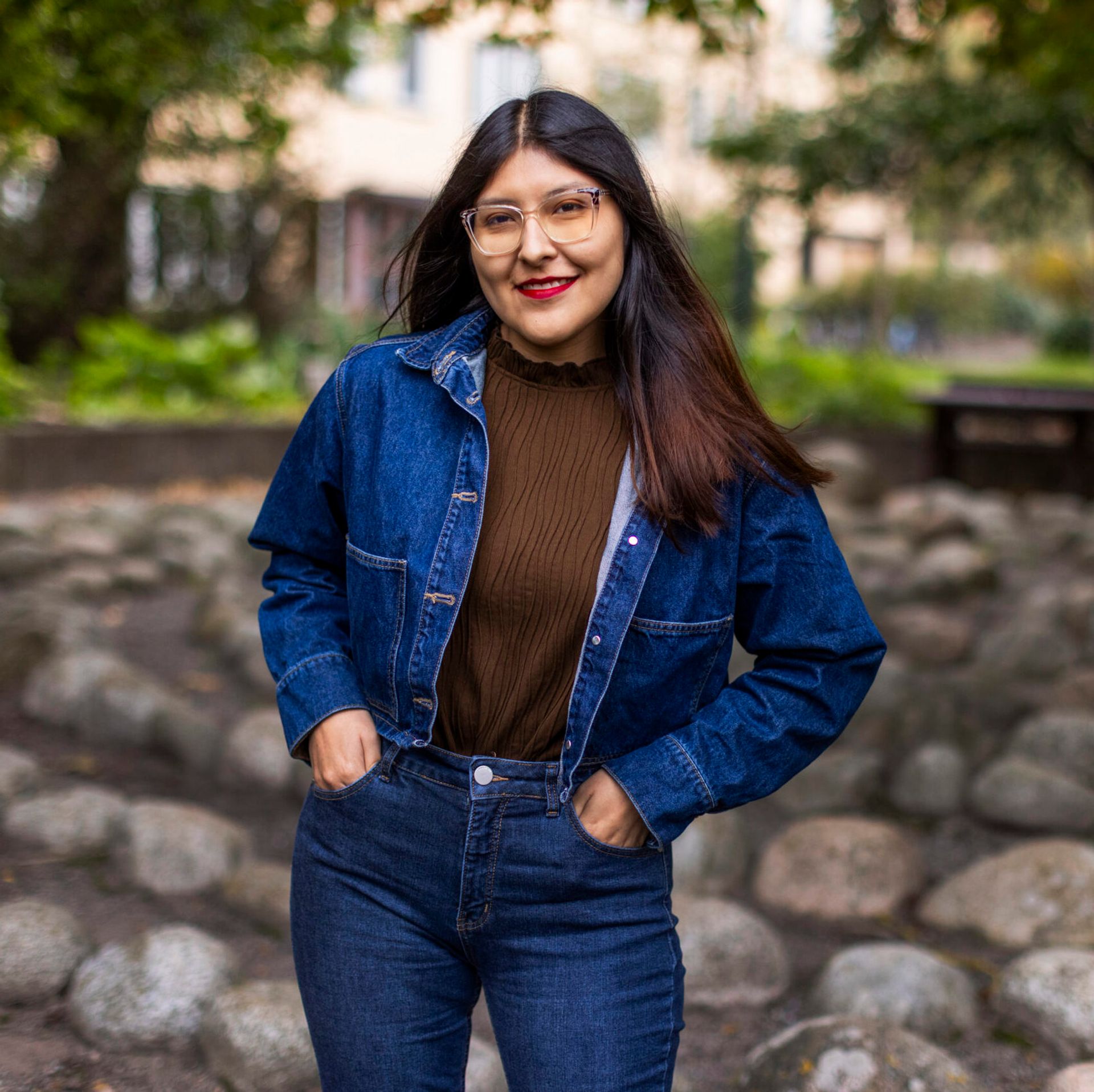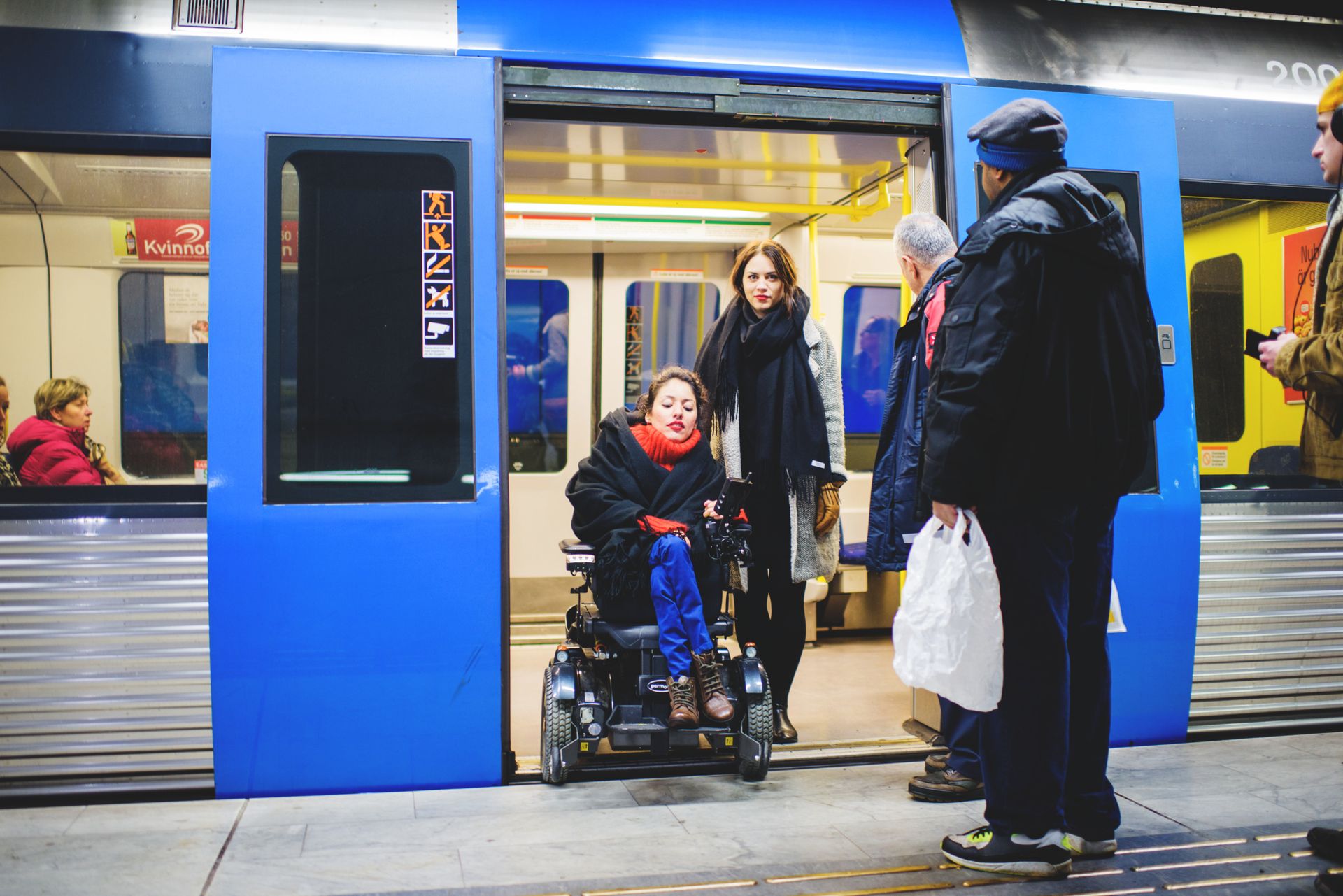
Written by Francesco
29 Oct 2016
I suppose that, during my activity as a blogger and digital ambassador, you’ll find out that I’ve so many interests. Before coming to Sweden, I read something about the importance given to human rights and everything concerned dignity and equality. Well, these are part of my interests. I’m aware that I’ve to deepen my knowledge about that, and this piece may be a very little contribution to what equality really means in Sweden.
I’ve chosen to focus on the equality regarding people with disabilities. Why? You should know that I come from a country (Italy) where, despite the presence of a law against any kind of discrimination and a law safeguarding the rights of disabled people, some people still behave unfairly against disabled people, discriminating them, or not respecting them; or, last but not least, architectural barriers still portrays the overall national urban landscape.
Anyway, things are changing slowly, thanks to organizations, associations and activists’ work. I’ve been following the activity ↗️ of one of them, Iacopo Melio, ↗️ who has been opening my eyes as well as our country’s eyes in the struggle against discrimination and the pursuit of better and equal conditions of life in the society. I really admire him and what he’s trying to do. He inspired me to find some information about the policies adopted by Swedish government and then to talk about that in this virtual space. So, many thanks Iacopo!
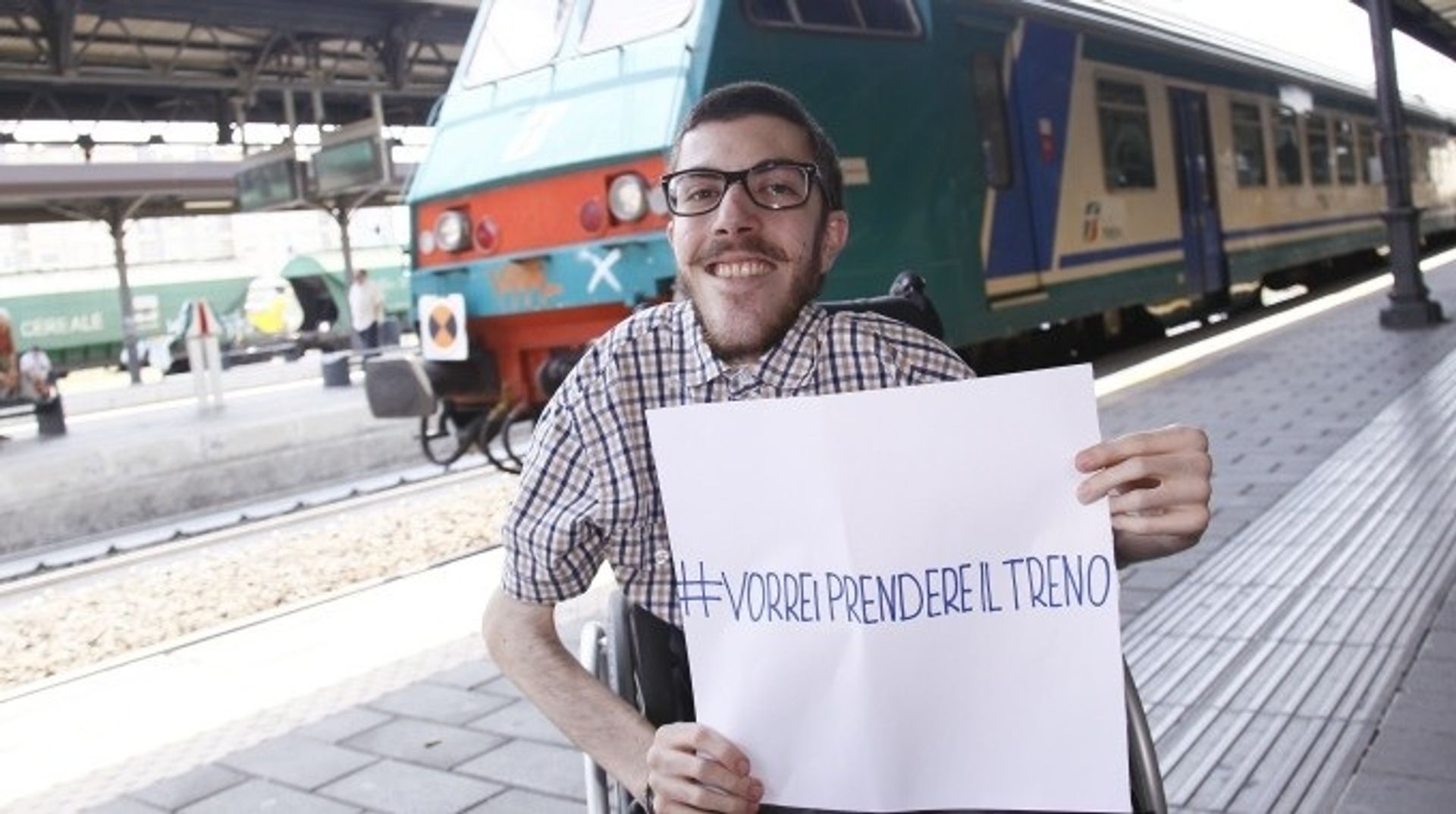
In my first two months as a student in Gothenburg, I have had a very good impression concerning the quality of some public buildings and of the streets and their structure, operational and efficient for everybody, at least in the city centre and in some areas I’ve been; nevertheless, it was told me that some improvements have to be done in other areas, such as Majorna.
Reading more about the condition of disabled people, I’ve found out that a very big problem to solve, for the Swedish government, is general inaccessibility. ↗️ Everyone with functional disability has the right to live as others, benefiting from the facilities and having the same chances to take part to social life and activities. Much has to be done but, at the same time, much has been accomplished, and this makes me feel glad to live in such a country.
“The objective of policies for people with disabilities is to ensure a society based on diversity, a society designed in a way that enables people of all ages with disabilities to participate fully in the life of the community, and that ensures equal living conditions for girls and boys, and women and men with disabilities. Barriers to people’s participation in society must be torn down. This is a matter of equality and justice. Women, men, girls and boys with impairments must be able to lead active everyday lives on equal terms as regards participation and accessibility.”
That is the aim that the government set itself.
Alongside the efforts of the government, it is likewise very important to mention the vital and pivotal role played by a federation of many Swedish organizations for disabled people, called Handikappförbunden (Swedish Disability Federation), ↗️ whose goal is:
“ (…) a society for everyone, characterized by solidarity, equality and participation. To achieve this, political initiatives are required in many fields; medical care, support services, education and training, labour market policy, physical planning, culture and information. Almost every political issue has a disability aspect. A main task for the disability movement is to inform about this and to influence decision makers and the general public.”
Many of us probably take for granted of find simply normal just going upstairs or downstairs in our houses…
Or going out quickly when we’re late for a meeting or jumping on a bus/tram…
And many other everyday activities.
Well, life is made of little nuances, right? How much are we aware of them? Things are not so easy for disabled people, and this is a matter of fact. However, we all, together with a government behind us as well as many associations, must contribute to shape a more equal and fair society. This is a goal that one day shall not be pursued anymore. Possibly everywhere. And that will be a matter of fact, too.
Online sources:
